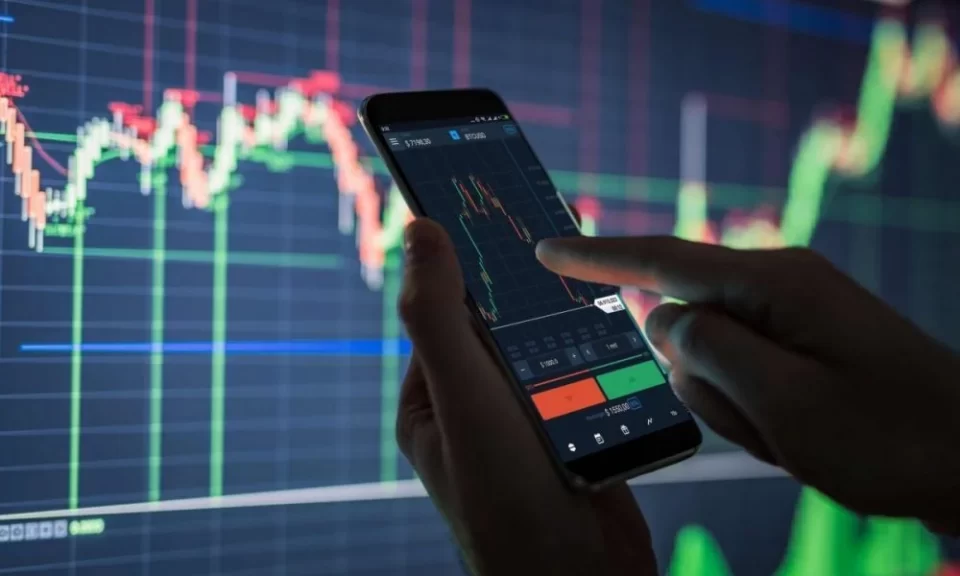When it comes to trading, the type of access you have to the financial markets can significantly impact your overall experience and trading results. Two popular methods for executing trades are DMA vs market maker . Both offer unique advantages and challenges, but they operate in fundamentally different ways. So, what’s the difference between DMA vs Market Maker, and which one is right for you?
What is Direct Market Access (DMA)?
Direct Market Access (DMA) refers to a trading method that allows traders to access the market directly without going through a broker’s order book. In a DMA setup, your orders are sent straight to the exchange, bypassing intermediaries. This gives you more control over how your trades are executed and allows for faster execution times.
The main benefit of DMA is the transparency it offers. Traders using DMA can see the order book, which displays all the buy and sell orders on the exchange. This helps them make more informed decisions based on market depth and current price levels. Additionally, DMA often offers lower fees compared to market makers, as there’s no middleman involved in the process.
What is a Market Maker?
A Market Maker, on the other hand, is a type of financial firm or broker that stands in between the trader and the market. Market makers quote buy and sell prices for financial instruments like stocks, forex, or CFDs. When you place an order with a market maker, they typically match it with their own inventory, rather than sending it to the open market.
Market makers profit from the spread—the difference between the buy and sell price. They also provide liquidity to the market by continuously offering bids and asks. This is beneficial in less liquid markets where DMA may not be available.
DMA vs Market Maker: Which is Right for You?
The choice between DMA and Market Maker largely depends on your trading style and objectives.
- DMA is ideal for traders who want speed and control, especially in fast-moving markets like forex or equities. It’s preferred by more experienced traders who need real-time market data and who value the ability to directly execute orders without intermediaries.
- Market Makers, on the other hand, might be better suited for beginners or those who prefer easy access to markets and liquidity. They are often more accessible to casual traders because they provide a simple platform with clear pricing and less reliance on complex market data.

